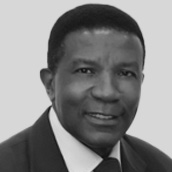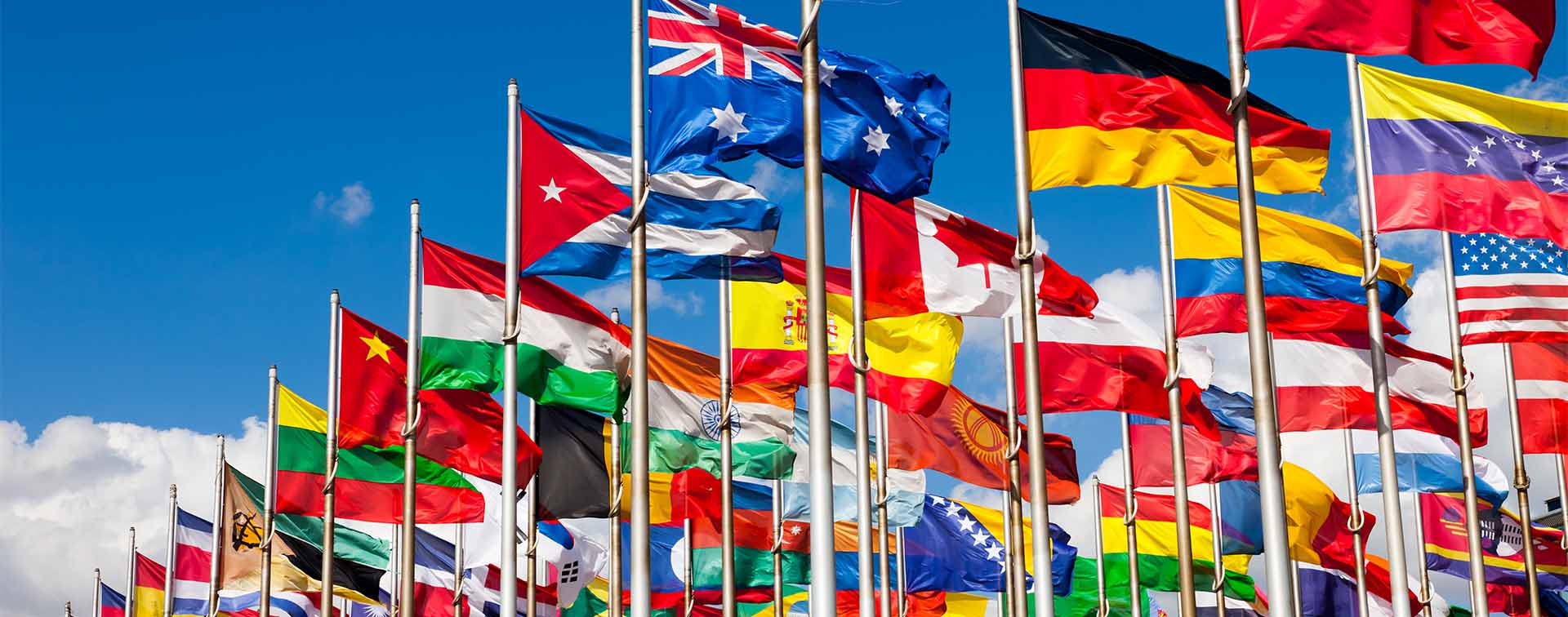
Prof. Trevor Williams is Former Chief Economist at Lloyds Bank Commercial banking.
The 2024 Henley Global Mobility Report confirms the importance of passport power and visa-free access to promote economic progress. Allowing the free movement of people and capital across international borders enables investment and talent to flow to where it is most needed and has the highest return. The overarching narrative that links greater economic performance with visa-free access and openness to international trade, investment, and the exchange of skills is once again powerfully highlighted, underpinned, and backed by the research shown in this year’s report.
Henley & Partners compares key metrics across various regional and economic groups worldwide, including the Association of Southeast Asian Nations (ASEAN), the African Union (AU), the European Union, the G7, the G20, the Gulf Cooperation Council (GCC), and the Southern Common Market (MERCOSUR) as well as the expanded BRICS (Brazil, Russia, India, China, South Africa) bloc, which officially welcomed new members Egypt, Ethiopia, Iran, Saudi Arabia, and the UAE in early January. The indicators include each grouping’s percentage share of global GDP and the world’s population, along with their average percentage scores on the Henley Passport Index (measuring the number of destinations passport holders can access without a prior visa), the Henley Openness Index (measuring the number of nationalities a country permits entry to without a prior visa), and the Henley Passport Power Index (measuring the percentage of global GDP each passport provides to its holders visa-free).
The data collated contains a treasure trove of insights into the possibilities for spreading economic progress worldwide and how regions that underperform in any of the key metrics could advance if they matched the top performers.
One of the critical takeaways highlighted by Henley & Partners’ research is the performance gap between the groups of countries with the highest openness to each other and the highest economic ranking (such as the European Union) and those with a lack of openness to each other and the lowest economic ranking (such as the AU). What also leaps out of the report is that although the population of the EU is just 6% of the world’s total, its economic share of global GDP accounts for a significant 18%. At the other end of the scale, the AU accounts for 18% of the world’s population, yet its economic share is just 2.8%. If its global economic share matched its global population share, there would be a nearly sevenfold increase in its current share of global GDP.
The AU currently ranks the lowest of all the regional blocs highlighted in the report in terms of its citizens’ economic mobility (visa-free access to global GDP).

What is clear from the research is that the AU has the highest potential among all the regional and country blocs to improve its passport power. As such, strategic investment made in the AU has the potential to show the highest return in time because it is where the gains would be most significant.
It is also evident that the wealthier a bloc or a country, the more open its economy is to others within the grouping, for travel, trade, and investment flows. Yet, at the same time, it is less likely to be open to other countries or blocs below its level of economic standing.
Interestingly, Henley & Partners’ data also shows that the EU’s lack of openness to other regions and countries means less economic development for the bloc despite its high share of global GDP. However, an important point to note is that the EU’s openness to those within its bloc is among the highest ranked in the research, underscoring one of the reasons why it has succeeded economically. And that lesson is there for other countries to see and learn from.
Even EU members such as Bulgaria, Cyprus, and Romania, which have visa-free access to less than 50% of global GDP, still outperform countries outside the bloc with similar GDPs. The economic implication is clear: economic progress and openness to investment, trade, and skills lead to greater economic performance.
Of course, the more significant lesson is for the countries outside the EU’s elevated economic position. The higher the trade openness within a bloc and to other blocs or countries, the greater the economic and trade performance and the higher the Henley Passport Power score (based on the percentage of visa-free access to the world’s economy or global GDP). The policy measures and strategic imperative for countries that want to develop economically should be to open up their borders to the free movement of people, trade, and investment with each other and those outside their bloc.
Notably, there has been a steady improvement in the share of global trade and overall proportion of global GDP taken by BRICS and other developing areas, including the AU. But it is also clear that the countries and blocs where we have seen the most significant jump in openness to trade and travel have been in ASEAN.
These blocs provide valuable examples to other developing countries and regions, as part of their success is due to the increased openness between each member of the bloc, the economic integration between them this implies, and the positive gains and symmetries from increased investment, travel, and talent exchange.
In many respects, future global economic progress depends upon lagging regions showing substantial improvement in their openness to each other, and on wealthier blocs and countries showing more trade openness to developing nations. That is especially true for ASEAN, the AU, BRICS, and MERCOSUR. Although the global trends of aging and population change in the more prosperous economies suggest that their demand for new skills and talent is rising and likely to accelerate, resistance to openness to the citizens of poorer countries is also on the rise.